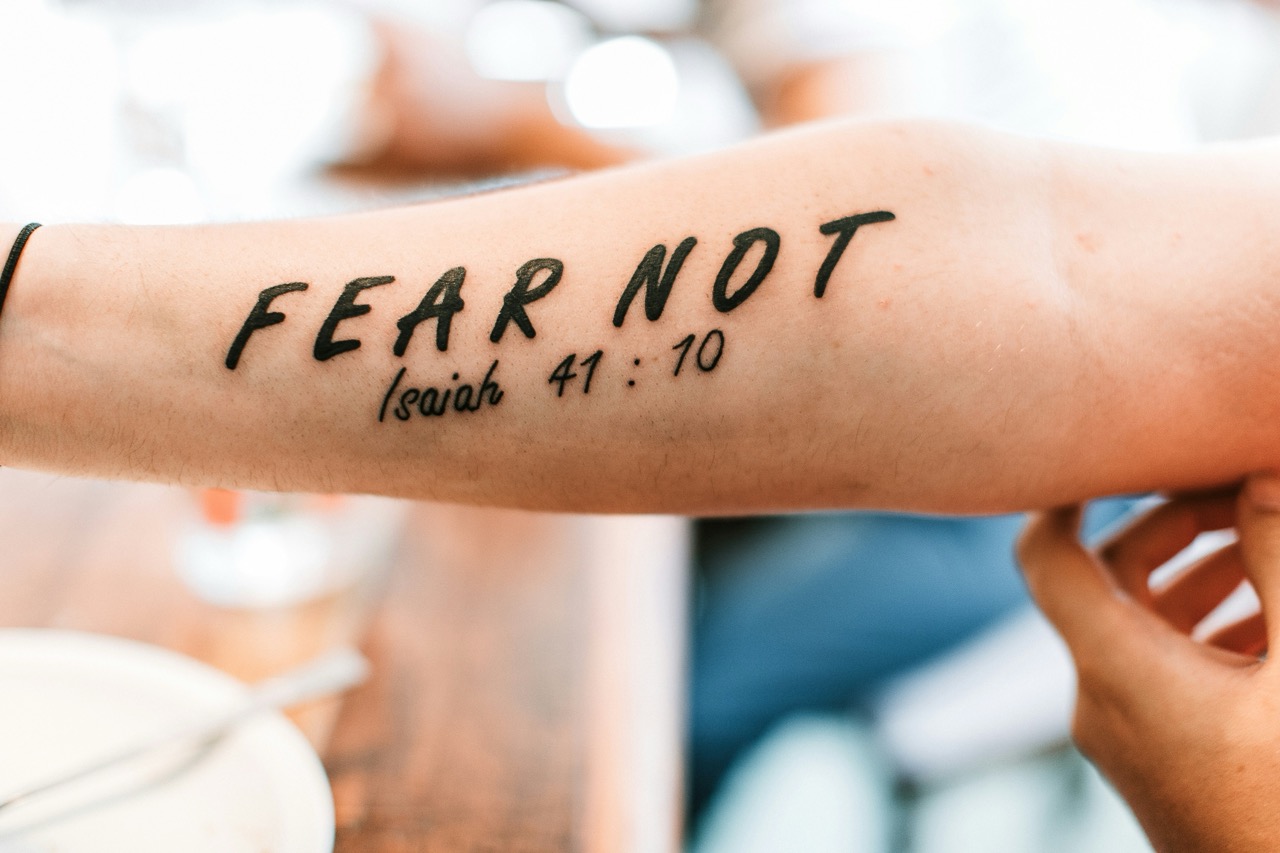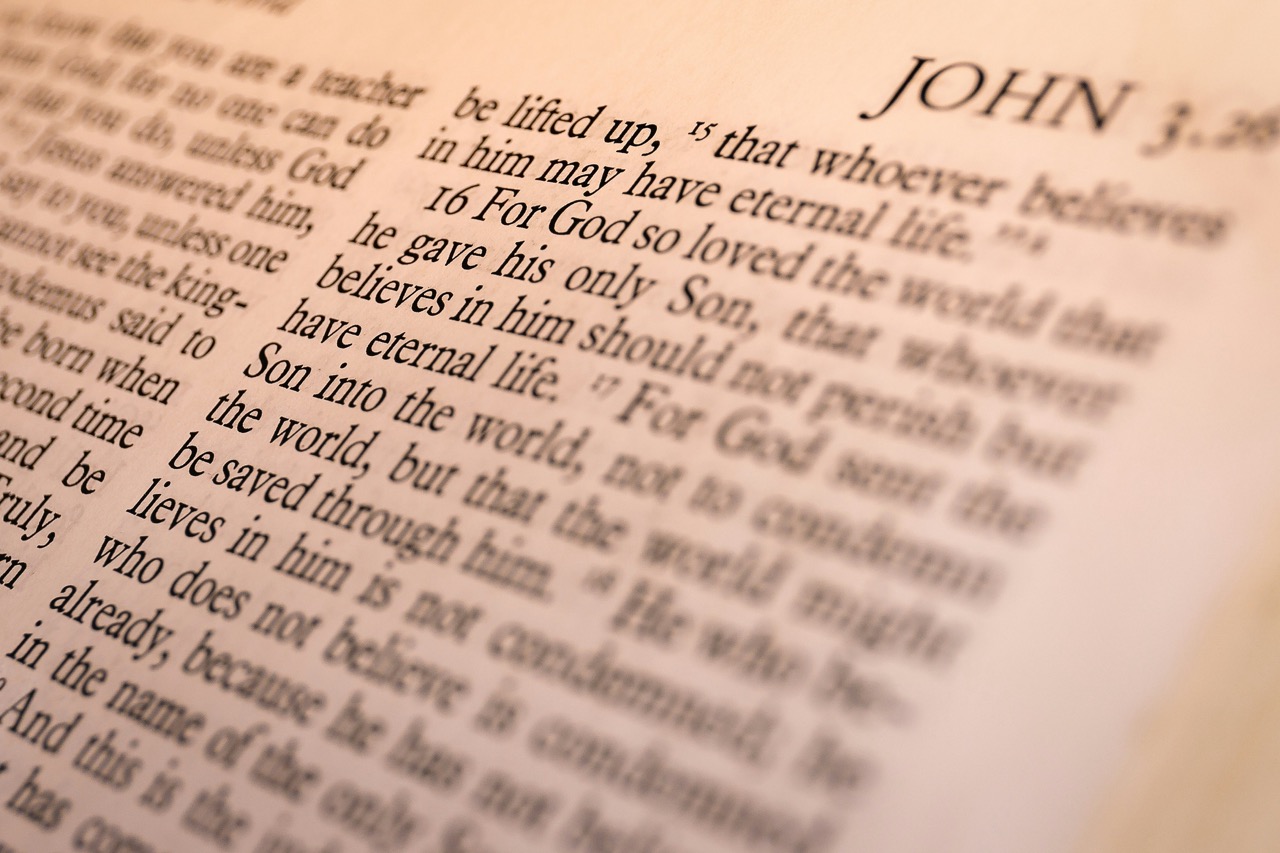How to Prepare Your Heart for Worship

Worship is more than a ritual; it is a profound expression of our connection to the divine and to one another. Preparing our hearts for worship allows us to engage deeply with our faith, leading to transformative experiences that resonate throughout our lives. In this article, we will explore how to cultivate a heart ready for worship, emphasizing reflection, intention, and community. Let each section guide you in creating a holistic approach to worship—one that nurtures your spirit and enriches your life.
1. Understanding the Essence of Worship in Our Lives
Worship is a fundamental aspect of many spiritual practices, serving as a bridge between the sacred and the everyday. It allows us to express our reverence, gratitude, and love toward a higher power, grounding us in our beliefs and values. When we engage in worship, we acknowledge our own limitations and our desire for connection, creating an atmosphere where the divine can meet us in our vulnerability.
At its core, worship is an invitation to enter into a deeper relationship with the divine. It beckons us to open our hearts and minds to experiences that transcend our immediate reality. Understanding this essence transforms our perception of worship from a mere obligation to a meaningful encounter, enriching our spiritual journey.
2. Reflecting on the Purpose of Our Worship Experience
Before stepping into a worship experience, take a moment to reflect on why you are there. Every act of worship has a purpose—whether it is to give thanks, seek guidance, or foster community. By identifying our intentions, we can approach worship with a clearer mindset, allowing us to engage fully and authentically. This reflection serves as a reminder that worship is not merely a performance; it is an intimate act of devotion.
Moreover, understanding the purpose of worship can reshape our expectations. Instead of viewing it as a passive experience, we learn to see it as an active participation in a sacred dialogue. By embracing this perspective, we can unlock the deeper meanings behind our rituals, allowing them to resonate more profoundly in our hearts.
3. Creating a Sacred Space for Personal Reflection
A sacred space creates an environment conducive to spiritual reflection. Whether it’s a corner of your home, a quiet park, or a dedicated room, finding a space that feels sacred to you is essential. Surround yourself with elements that inspire peace—images, candles, or natural elements—and make this space a sanctuary where you can retreat to prepare your heart for worship.
In this space, engage in personal reflection. Allow yourself to breathe deeply and settle into the moment. This act of creating a physical representation of your spiritual intentions can help ground you and remove distractions, fostering a mindset that is focused and open to the divine.
4. The Power of Silence: Listening to the Heart’s Whisper
In our fast-paced lives, silence can sometimes feel elusive. However, taking a moment of silence before worship can be incredibly powerful. It allows our hearts to quieten and our minds to settle, inviting us to listen to the subtle whispers that resonate within. In these moments of stillness, we can discern the thoughts and feelings that need to be addressed before entering a communal worship experience.
Silence is not merely the absence of noise; it is an active engagement with our inner selves. By embracing silence, we create space for reflection, healing, and clarity. This practice can help us to reconnect with our true selves, enabling a more authentic expression of worship when we gather with others.
5. Cultivating Gratitude: A Heart Open to Worship
Gratitude is a powerful catalyst for worship. When we cultivate an attitude of thankfulness, we shift our focus from what we lack to the abundance that surrounds us. This perspective opens our hearts and prepares us to engage in worship with a deep sense of appreciation. Before worship, consider taking a few moments to reflect on the blessings in your life—big and small.
This practice not only enriches our worship experience but also transforms our everyday interactions. An open heart fosters a deeper connection with the divine, inviting us to express our thanks through song, prayer, and action. When gratitude flows freely from our hearts, it becomes a natural offering in our worship.
6. Letting Go: Releasing Burdens Before Worship
Entering worship with a cluttered heart can hinder our experience. Carrying the weight of unresolved issues or emotional burdens may distract us from being fully present. Before worship, take time to consciously let go of these weights. This could involve journaling your thoughts, speaking them aloud, or simply surrendering them in prayer.
Releasing these burdens not only creates space for worship but also fosters a sense of freedom. As we let go of what holds us back, we open ourselves to receive the grace and love that worship embodies. This act of surrender is crucial in preparing our hearts, allowing us to engage more fully with the worship experience.
7. Engaging the Mind: Meditating on Inspirational Texts
Meditation on inspirational texts—be it sacred scripture, poetry, or spiritual writings—can serve as a powerful preparatory tool for worship. These texts offer wisdom and insight that can guide our thoughts and focus our hearts. By reflecting on meaningful passages, we can ground our worship in the themes and values that resonate with our spiritual journey.
As we engage with these texts, take notes of your reflections, insights, or questions. This process transforms passive reading into an active dialogue with the text, enhancing our understanding and connection to the themes of worship. Such engagement encourages a deeper investment in the worship experience, allowing us to draw upon these reflections as we gather in community.
8. Setting Intentions: What Do You Hope to Receive?
Setting intentions before worship helps clarify what we hope to gain from the experience. Whether it is seeking solace, connection, or inspiration, articulating our desires prepares us for a more meaningful encounter with the divine. Take a moment to ask yourself what you would like to receive during worship, and allow this intention to guide your focus.
This practice encourages active participation rather than passive observation. By setting an intention, you become an active seeker in your worship journey, opening your heart to receive the transformative experiences that await. Such clarity invites a deeper engagement with the sacred, enriching both your personal journey and communal experience.
9. The Role of Community in Heartfelt Worship
While personal preparation is vital, the role of community in our worship cannot be underestimated. Worship is often an expression of collective belief and support, fostering a sense of belonging among participants. Engaging in worship with others creates an atmosphere of shared energy, amplifying the spiritual experience as voices unite in song, prayer, and purpose.
Community also offers accountability and encouragement in our spiritual journeys. When we worship together, we remind one another of our shared values and beliefs, deepening our connections to both each other and the divine. This collective experience enriches our individual worship and strengthens our bonds, creating a tapestry of faith woven through shared encounters.
10. Embracing Vulnerability: The Path to Authenticity
Authentic worship requires vulnerability—a willingness to express our true selves without judgment. As we prepare our hearts for worship, we must embrace the emotions that surface, whether joy, sorrow, fear, or hope. Acknowledging these feelings opens the door to genuine connection with the divine and with others in worship.
When we allow ourselves to be vulnerable, we create a safe space for others to do the same. This mutual openness fosters a deeper sense of authenticity within worship, transforming it from a performance into a sincere exchange of faith and emotion. Embracing vulnerability allows us to break down barriers, inviting a rich tapestry of experiences into our worship.
11. The Transformative Power of Prayer in Preparation
Prayer serves as a cornerstone of preparation for worship, offering a direct line of communication with the divine. Whether through structured prayers or spontaneous conversations, prayer allows us to express our hopes, fears, and desires, inviting the divine into our preparation process. This sacred act can ground us, providing clarity and focus as we approach worship.
In prayer, we can also seek guidance and strength, asking for the ability to engage fully in worship. This transformative power invites the divine presence into our hearts, reshaping our perspectives and intentions. By prioritizing prayer in our preparation, we cultivate a heart that is ready to receive and respond to the sacred.
12. Beginning with Worship: Making It a Daily Journey
Worship is not confined to a specific time or place; rather, it is a daily journey that infuses our lives with spirituality. By starting each day with a moment of worship—whether through prayer, meditation, or gratitude—we set a tone that resonates throughout our experiences. This daily practice prepares our hearts not just for designated worship services but for a life lived in devotion and mindfulness.
As we embrace this journey, we find that worship becomes a continual source of inspiration and strength. It colors our interactions, decisions, and responses, creating a rhythm of life that echoes our spiritual commitment. By making worship a daily practice, we cultivate a heart that remains open and attuned to the divine, enriching our lives in profound ways.
Preparing our hearts for worship is a multifaceted journey that requires reflection, intention, and communal connection. As we engage in practices that cultivate gratitude, embrace vulnerability, and deepen our understanding of the essence of worship, we open ourselves to transformative experiences. Let worship not be a single event but a continuous process, infusing our lives with spiritual richness and deepening our connection with the divine and each other. Embrace this journey, and allow your heart to flourish in worship.




